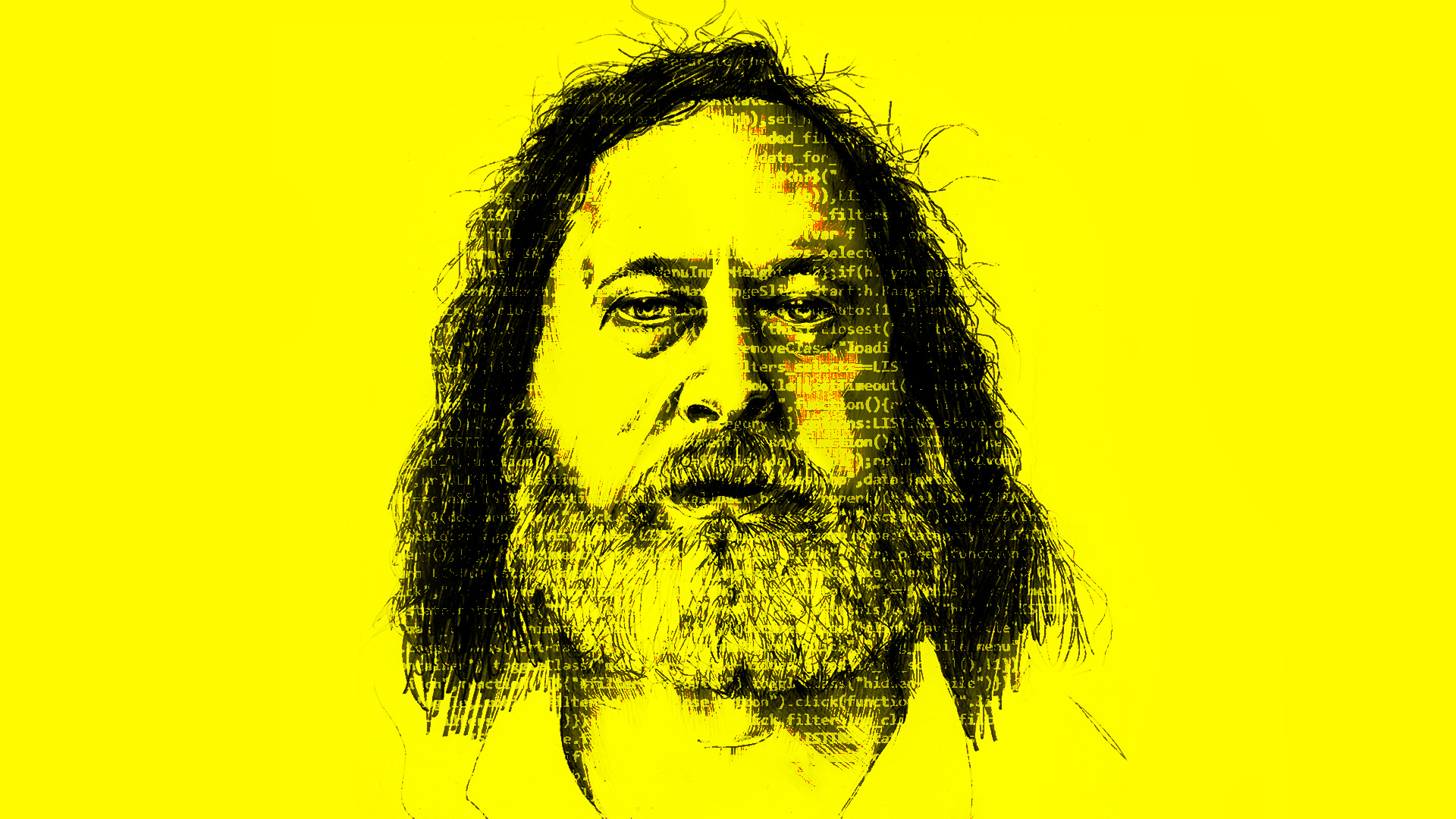The Impact Of Copyleft On An Individual Project (week 6)
The Impact Of Copyleft On An Individual Project
According to Wikipedia, copylefting is the practice
of granting the right to freely distribute and modify intellectual property
with the requirement that the same rights be preserved in derivative works
created from that property[1]. The most popular iteration or form of copylefting
can be found in the shape of the GNU General Public license which was written
personally by the legendary programmer and member of the American Free Software
Movement Mr Richard Matthew Stallman[2]. He decided to take this course of action
when a rival company requested him to share his work on a LISP compiler,
however when Mr Stallman requested for the modified version of his compiler
from the company the company refused and refrained from sharing the software.
Mr Stallman had been victim to this form of injustice many times in the past
but he stated that this was the turning point in him deciding to developing the
GNU General Public License.[4]
Whenever a software is distributed under a copyleft
license, it grants the public the right to copy and reproduce their work and
allows anyone to modify the software and create their own version which may be
better or faster while at the same time preventing the modifiers from obtaining
any license except a proper functioning copyleft license.
The main impact of the creation of the copyleft
license was that it set into motion the free software movement in 1983. The
philosophy of the movement being that proprietary software that did not allow
for modification would eventually lead to the halting of collaboration between
coders, the implication of this being that programmers would have to have to
code from scratch to mimic proprietary software to even try to create any
modification, this would result in a great deal of time wasted. On the other
hand, the existence of copyleft would imply the reuse of existing code to
create even better code. This would not only improve customer experience greatly,
but it would ignite a great deal of competition between competitors to keep up
with increasing product quality[3]. The coders who take the time to free software
either to create something from scratch or to make modifications are awarded
with prestige and prospects in the industry usually because of the experience
that they gain through practice.
Another impact of the copyleft license could be the
steady decline of the proprietary software market[5]. Open source has become a huge
trend over the past few years with major companies like Linux, Ubuntu, Red Hat,
Apache etc popularising the trend. Customers also trust open source to be a lot
more secure than proprietary because of the fact that anyone can see the code
and if they spot an error they can fix it and due to this the code has been
through extreme scrutiny unlike the proprietary code. This is akin to Kerckhoff’s
principle in cryptography that states that the cryptographic system should be
successful even with key details about the cryptographic system being available
to the public.
Sources:
- https://en.wikipedia.org/wiki/Copyleft [1]
- https://wiki.itcollege.ee/index.php/E-SPEAIT_T6_Computers_and_Laws_II [2]
- https://www.britannica.com/topic/open-source [3]
- https://en.wikipedia.org/wiki/Richard_Stallman [4]
- https://dzone.com/articles/open-source-and-the-demise-of-proprietary-software [5]
·



Comments
Post a Comment